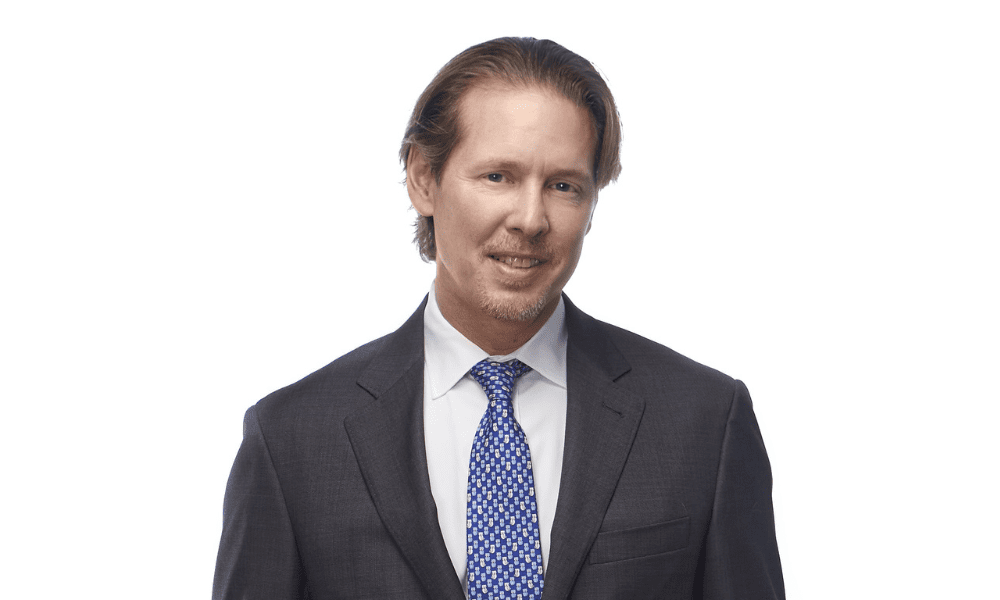How convertible debentures protected adisor'sv clients amid market turmoil

Borisoff, who has been in the financial industry for 30 years and a discretionary portfolio manager since 2008, moved to Richardson from CanAccord Genuity in mid-July 2021. He was able to transition 90% of his clients, most of whom are retired, within a few months.
Borisoff said that a large part of his business is in an actively managed discretionary income mandate that was established in March 2008, even before the 2008 crisis. He expects it will create a positive return before the end of 2022. That’s good news for his clients, who saw strong returns in 2021, but have been mostly concerned about maintaining their capital in 2022, so it’s not eroded.
“We haven’t put clients in a position where they’ve suffered significant losses,” he said. “At this point, I feel quite fortunate, and I think many of my clients are in a position where we can start to deploy capital and lock in some of the higher rates that are out there on the market now.”
He noted that it is a defensive position, where he’s focused on his speciality of the exchange-listed Canadian convertible debenture market for more than 20 years. That’s an area that he said many investors overlook since it’s typically too small for the institutional investors to get involved in. A convertible debenture is a long-form debt issued by a company that can be converted into shares of equity stock after a specified period.
“Quite often, we’re able to pick up very good deals in that area, especially when the market gets a little bit stressed,” he noted of this $14 billion speciality market that he’s taken to Richardson.




